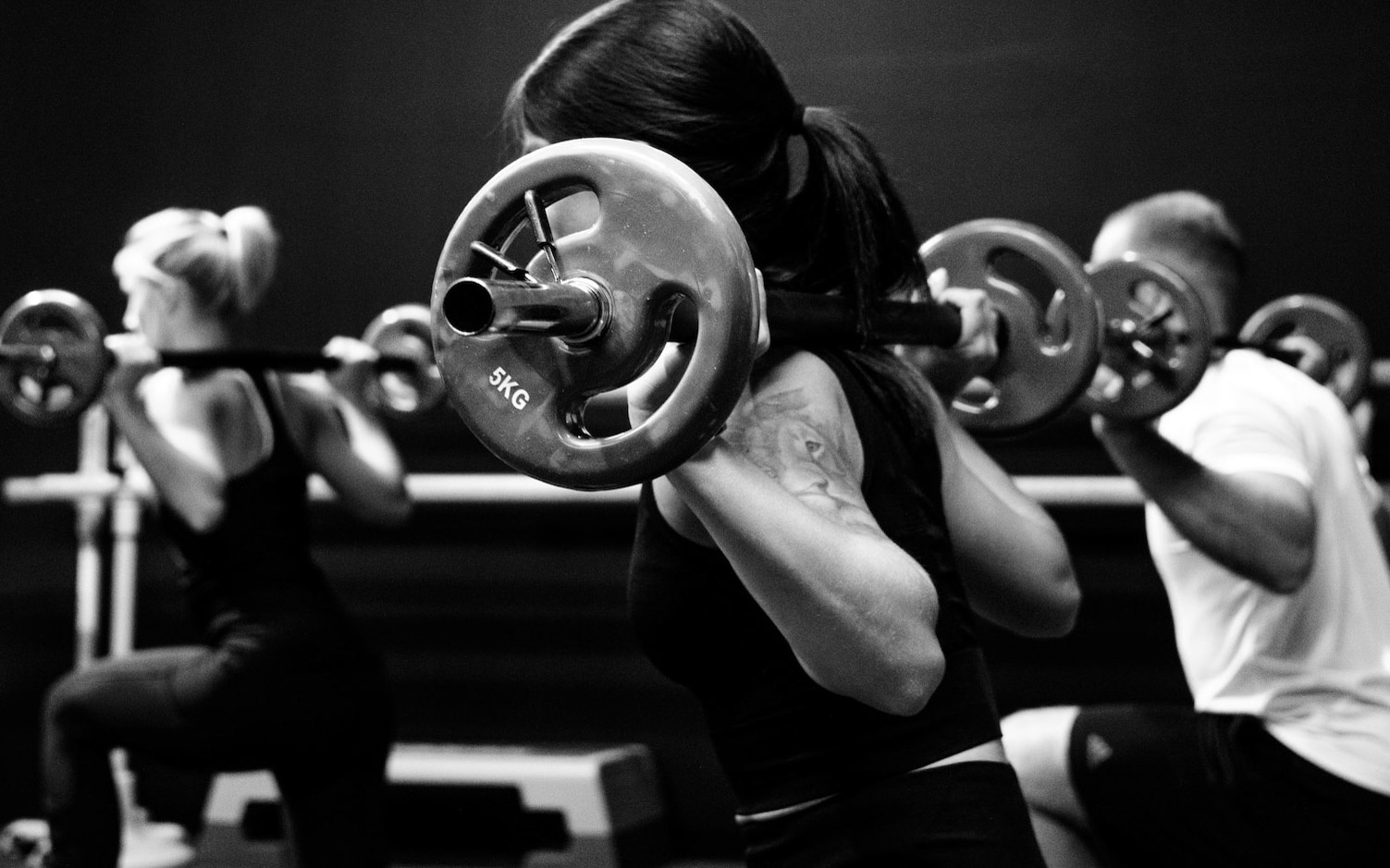Exercise is an important part of maintaining good health and fitness. Many people try to incorporate exercise into their daily routines, whether it’s going for a jog, hitting the gym, or taking a yoga class. With busy schedules, finding time for exercise can be a challenge. This makes the time we do find for physical activity even more precious.
When it comes to exercise, we usually think about what we eat around our workouts. But we may not consider as much when we eat relative to exercise. The timing of eating could impact how much we get out of our fitness routines. So should we exercise on an empty stomach or after a meal? Does it really make a difference?
The Theory Behind Exercising While Fasted
Many people are interested in exercising in a fasted state, meaning before eating a meal. The main reason is the idea that fasted exercise could burn more fat.
“The main reason that people are interested in this is whether they can burn more fats if they exercise before they eat in what we would call the fasted state,” says exercise physiologist Dr. Javier Gonzalez.
The theory is that if there is no readily-available glucose from a recent meal, your body will tap into fat stores for energy instead. This could lead to greater fat burn during the workout.
Contrary to what they might read on the internet, the question of whether we exercise before or after food is actually much more than just about fat burn,
The Limitations for Fat Burn and Weight Loss
Burning fat through exercise does not necessarily equate to weight loss. It’s a common misconception that burning fat through exercise will necessarily lead to weight loss. You may remember our discussion in a previous podcast on whether exercise or nutrition are more important for weight loss and that there isn’t a lot of good evidence to show that exercise, whether that’s before or after you eat, is a reliable way to lose weight.
So while fasted exercise may burn more fat, don’t count on it as a weight loss strategy. The timing of exercise matters more for other health effects.
Optimizing Blood Sugar Levels
Rather than fat burn, the real benefit of exercise timing lies in blood sugar control. After consuming a meal, particularly one high in carbohydrates, blood sugar (glucose) levels rise as the carbs are broken down and absorbed.
When we start doing exercise this blood sugar or blood glucose as we would call it suddenly has a job to do and our body encourages this sugar to be transferred out of our blood and into our muscle cells when it can be put to use. This is important because chronically elevated blood sugar can lead to insulin resistance, metabolic disease, and type 2 diabetes. Exercise helps lower blood sugar by increasing uptake into muscles.
Muscle glucose uptake can be 50 times faster when we’re exercising compared to when we’re sedentary.
Exercise After Meals Blunts Sugar Surges
Based on this, it would seem logical that exercising after a meal would help lower the resulting blood sugar peak.
A particular paper from 2016 reviewed all of the literature on this subject and came to the conclusion that doing exercise within the first hour, so 30 to 45 minutes after a meal, can efficiently blunt these glucose surges.
However, there are important inter-individual differences to consider.
The Role of Insulin Sensitivity
Insulin is the hormone released by the pancreas that allows glucose to move from the blood into cells like muscle tissue. Some people are more sensitive to insulin than others.
Someone with a high insulin sensitivity will need to produce less insulin to move the same quantity of glucose from the blood into their muscle cells.
On the flip side, being less sensitive to insulin means your body has to produce more insulin to do the same job. This is called insulin resistance.
Insulin resistance raises the risk for metabolic disease and type 2 diabetes. The good news is that exercise can boost insulin sensitivity over time.
Fasted Exercise Improves Insulin Response
So what’s the final verdict? Should you exercise fasted or fed? A balanced approach:
I think there are some benefits to exercising after you’ve eaten – you can have an immediate beneficial effect on lowering those blood sugar peaks. But if we want to get some of the longer-term improvements from exercise training, it can be useful to do at least some exercise before you have breakfast.
This helps improve insulin sensitivity and other markers of metabolic health in the long run.
Anecdotally, people are often surprised at how well they can perform exercise fasted after adapting to it. Our bodies can fuel a moderate workout using glucose and fatty acids stored from the previous day’s meals.
To maximize health, mix up your exercise timing. Do some workouts fasted and others after meal consumption. Pay attention to how your body responds across different strategies. Staying active is what matters most.
Workout and Fitness News
Subscribe to our mailing list and get interesting stuff and updates to your email inbox.
Thank you for subscribing.
Something went wrong.
